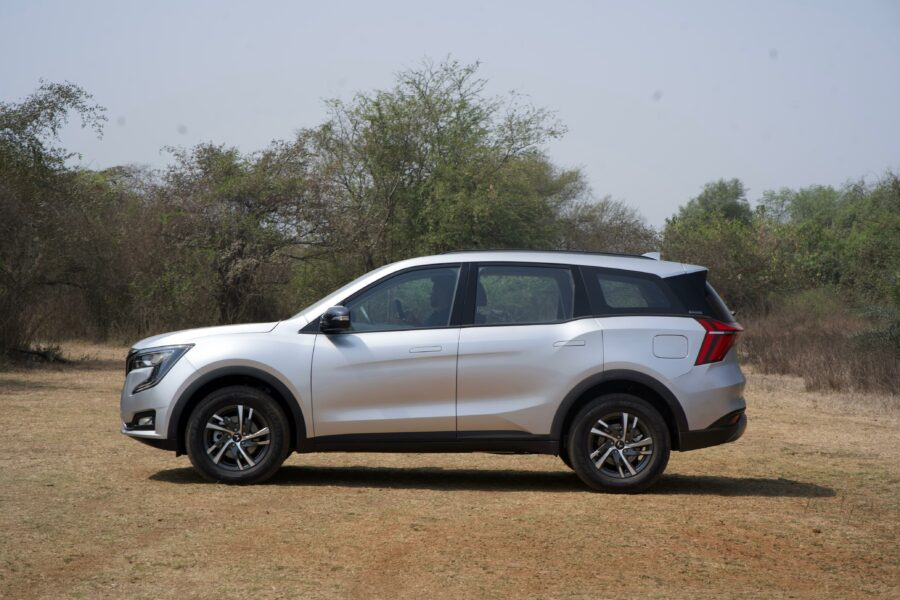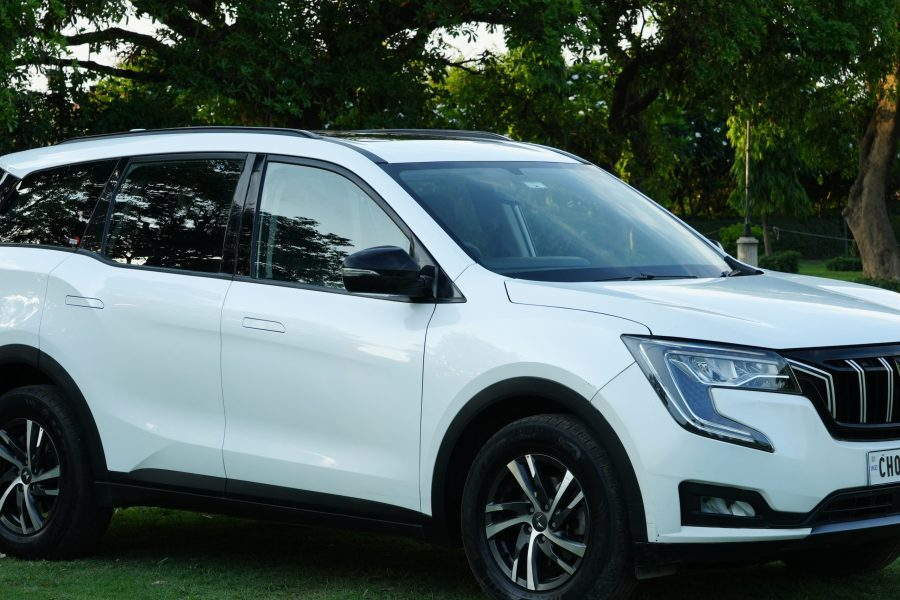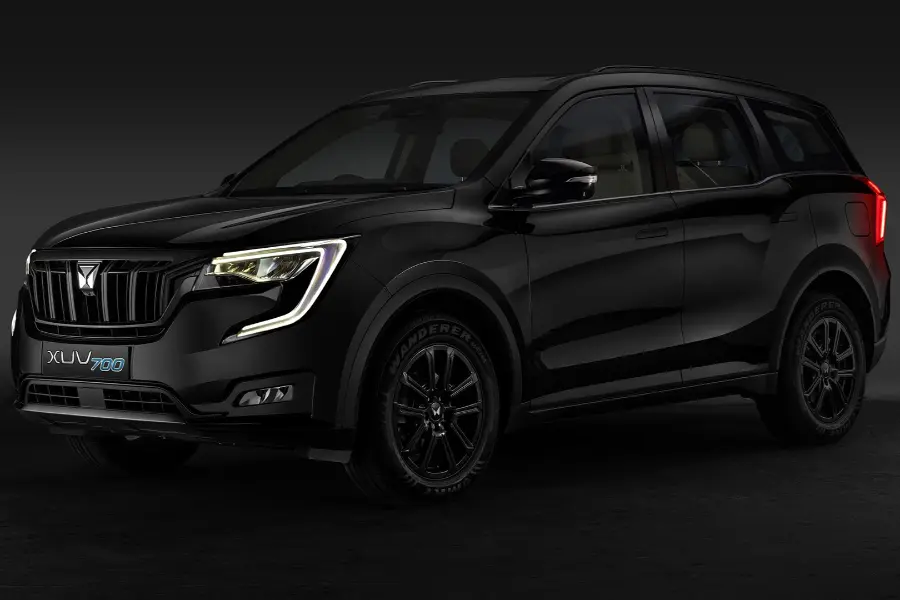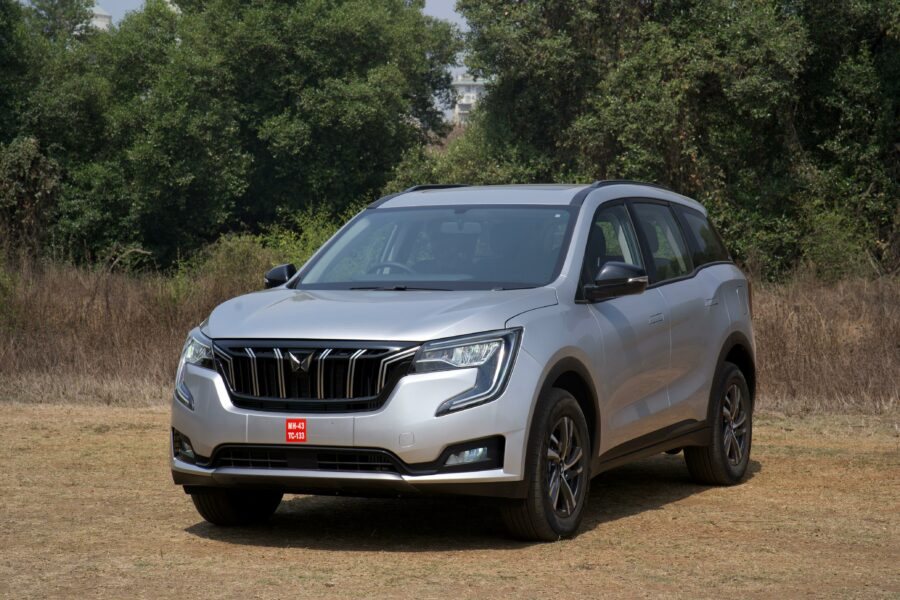
XUVs vs. SUVs: Understanding the Key Differences
As the automotive market continues to evolve, consumers are faced with an increasing array of vehicle choices. Among the most popular categories are SUVs and XUVs, but what exactly sets these two apart? While SUVs have been a long-standing favorite for their versatility and ruggedness, the term XUV has emerged more recently, adding some confusion for buyers. In this article, we will break down the key differences between XUVs and SUVs to help you make an informed decision when choosing your next vehicle.
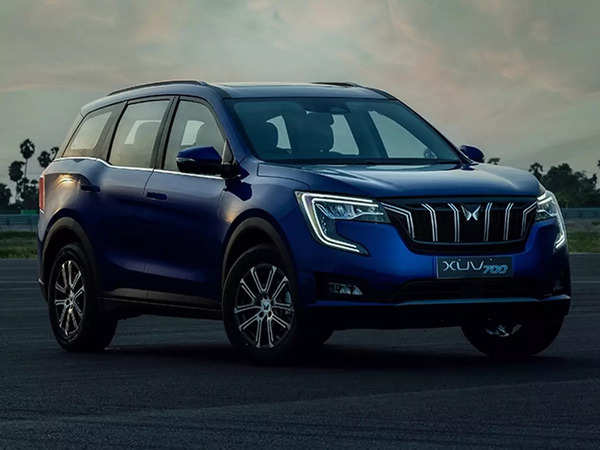
What is an SUV?
The term SUV stands for Sport Utility Vehicle, a category of vehicles that combines the off-road capabilities of a truck with the comfort and space of a passenger car. SUVs are known for their higher ground clearance, larger size, and ability to handle a variety of terrains. Traditionally, SUVs were built on a body-on-frame construction, similar to trucks, but modern SUVs often use unibody construction, improving ride quality and fuel efficiency.
Key Features of SUVs:
- Off-Road Capability: SUVs are designed to handle rugged terrains, making them ideal for outdoor enthusiasts and families who need a vehicle for both city driving and off-road adventures.
- Spacious Interiors: SUVs generally offer more interior space, making them a great choice for larger families or those needing extra cargo room.
- Towing Capacity: Due to their truck-like construction, many SUVs are capable of towing heavier loads, such as trailers or boats.
- Higher Ground Clearance: The elevated design allows for better handling on uneven surfaces, enhancing off-road performance.
What is an XUV?
XUV stands for Crossover Utility Vehicle. While it sounds similar to an SUV, there are some key differences between the two. XUVs are essentially a subcategory of SUVs, often referred to as crossovers. They are designed with a focus on urban driving rather than heavy off-road use. XUVs are built on a car platform (unibody construction), making them more lightweight, fuel-efficient, and easier to handle than traditional SUVs.
Key Features of XUVs:
- Car-Like Handling: XUVs are built on a car chassis, which makes them more agile and easier to drive, particularly in city environments.
- Fuel Efficiency: Due to their smaller size and lighter construction, XUVs are generally more fuel-efficient than larger SUVs.
- Stylish Design: XUVs often have a sleeker, more modern design, appealing to urban drivers who want a vehicle that looks good while still offering utility.
- Comfort-Focused: While XUVs can handle some light off-road conditions, they are primarily designed for comfort and convenience, offering a smoother ride on paved roads.
Comparing Performance: XUV vs. SUV
Off-Road Capability
If you’re looking for a vehicle that can handle off-road conditions such as dirt trails, rocky roads, or snow-covered paths, an SUV is the better choice. SUVs are equipped with all-wheel-drive or four-wheel-drive systems, larger tires, and higher ground clearance, all of which are ideal for off-road adventures.
On the other hand, XUVs are better suited for city driving and light off-road use. While many XUVs come with all-wheel-drive options, they are not designed for the same level of off-road performance as traditional SUVs.
Fuel Efficiency
Fuel efficiency is an important consideration for many buyers, especially those who use their vehicles primarily for commuting or long trips. XUVs generally have the upper hand in this category, thanks to their lighter weight and car-like construction. They often offer better miles per gallon (MPG) than larger, more rugged SUVs.
SUVs, with their heavier frames and more powerful engines, tend to have lower fuel efficiency, particularly when used for towing or off-road driving.
Interior Space and Comfort
Both SUVs and XUVs offer spacious interiors, but SUVs typically provide more room overall. They often have three rows of seating, making them a great option for larger families or those who need extra passenger capacity. Additionally, SUVs often come with more cargo space, which is a big advantage for road trips or transporting bulky items.
XUVs, while still offering plenty of interior space, are generally more compact. This makes them easier to park and maneuver in tight urban environments, but they may offer slightly less cargo room and fewer seating options than full-sized SUVs.
Price Differences: XUV vs. SUV
When it comes to price, XUVs are often more affordable than traditional SUVs. Due to their smaller size, lighter construction, and focus on urban driving, XUVs generally cost less to manufacture, which translates into lower prices for consumers.
SUVs, with their larger size, more powerful engines, and added off-road capabilities, typically come with a higher price tag. Additionally, the maintenance and running costs of SUVs tend to be higher, especially when considering fuel consumption and wear on heavier components.
Which is Right for You?
Choosing between an XUV and an SUV depends largely on your personal driving needs and lifestyle. Here’s a quick guide to help you decide:
- Choose an SUV if:
- You need a vehicle with strong off-road capabilities.
- You have a large family and need extra seating and cargo space.
- Towing heavy loads is a priority.
- Choose an XUV if:
- You primarily drive in the city or on highways.
- You’re looking for a more fuel-efficient, easy-to-maneuver vehicle.
- You want the utility of an SUV with the driving experience of a car.
Conclusion
Both XUVs and SUVs offer excellent options for different types of drivers, but understanding the key differences can help you make an informed choice. If your lifestyle requires off-road capability, more space, and towing power, a traditional SUV may be the better choice. However, if you’re looking for something more fuel-efficient, easier to handle, and designed for urban environments, an XUV could be the perfect fit.

